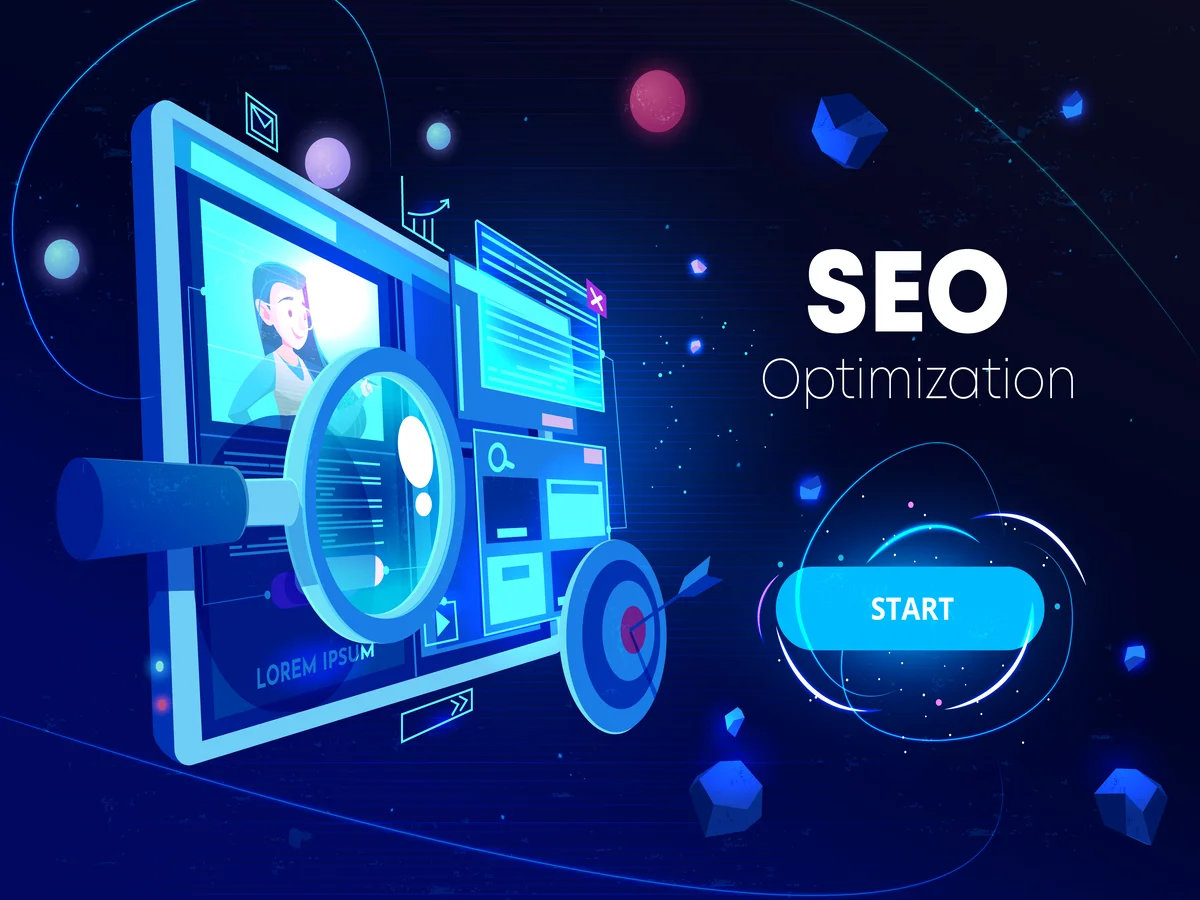Top 10 Meta Tags You Must Know For SEO Success

In the world of Search Engine Optimization (SEO), meta tags are fundamental components that can significantly impact your website’s visibility and ranking on search engine results pages (SERPs). Understanding the importance of meta tags and how to optimize them can be a game-changer for your SEO strategy. Let’s delve into the top 10 meta tags you must know for SEO success.
1. Title Tag (Meta Title)
The title tag is arguably the most critical meta tag for SEO. It defines the title of a webpage and appears as the clickable headline in search engine results. Keep it concise, descriptive, and relevant to the content of the page. Including targeted keywords in the title tag can improve your page’s visibility and click-through rate (CTR).
2. Meta Description Tag
The meta description tag provides a brief summary of the webpage’s content. Although it doesn’t directly influence rankings, a compelling meta description can entice users to click on your link. Aim for a concise description (usually between 50-160 characters) that accurately reflects the page’s content and includes relevant keywords.
3. Meta Keywords Tag
Once a crucial meta tag for SEO, the meta keywords tag has lost its significance over the years due to abuse by spammers. Most search engines, including Google, no longer consider it in their ranking algorithms. However, other meta tags carry more weight in determining a page’s relevance and authority.
4. Meta Robots Tag
The meta robots tag instructs search engine crawlers on how to index and display a webpage’s content. Common directives include “index,” “nofollow,” “noindex,” and “nofollow.” Proper implementation of the meta robots tag ensures that search engines crawl and index your site effectively, optimizing its visibility in SERPs.
5. Canonical Tag
Canonical tags are essential for addressing duplicate content issues. They indicate the preferred version of a webpage when multiple URLs contain identical or similar content. By specifying the canonical URL, you consolidate ranking signals and prevent dilution of SEO authority across duplicate pages.
6. Meta Viewport Tag
In the age of mobile-first indexing, optimizing your website for mobile devices is crucial. The meta viewport tag controls the layout and scaling of a webpage on different devices, ensuring a responsive and user-friendly experience. A well-configured viewport tag can enhance user engagement and improve your site’s SEO performance.
7. Meta Charset Tag
The meta charset tag specifies the character encoding used on a webpage, ensuring proper rendering of text and special characters. UTF-8 is the most commonly used character encoding for web content and is recommended for maximizing compatibility across different platforms and languages.
8. Meta Refresh Tag
Although not primarily an SEO meta tag, the meta refresh tag can impact user experience and SEO indirectly. It instructs browsers to automatically redirect users to another page after a specified time interval. However, excessive or irrelevant use of meta refresh tags may lead to usability issues and potential SEO penalties.
9. Open Graph Meta Tags
Open Graph meta tags are crucial for optimizing content shared on social media platforms like Facebook, Twitter, and LinkedIn. They control how your links appear when shared, including the title, description, image, and other elements. By optimizing Open Graph tags, you can increase the visibility and click-through rate of your content on social networks.
10. Twitter Card Meta Tags
Similar to Open Graph meta tags, Twitter card meta tags allow you to control how your content appears when shared on Twitter. By specifying Twitter card tags such as title, description, image, and card type, you can enhance the presentation of your tweets and drive more engagement from Twitter users.
Mastering the art of meta tag optimization is essential for achieving SEO success in today’s competitive digital landscape. By understanding the purpose and best practices of each meta tag, you can maximize your website’s visibility, attract more organic traffic, and ultimately, achieve your online business objectives.
FAQs About Meta Tags and SEO
Meta tags are snippets of HTML code that provide information about a webpage’s content to search engines. They help search engines understand the context and relevance of a webpage, which influences its ranking on search engine results pages (SERPs).
Meta tags play a crucial role in SEO because they provide search engines with essential information about a webpage’s content, structure, and purpose. Optimizing meta tags can improve a webpage’s visibility, click-through rate (CTR), and overall performance in search engine rankings.
No, meta keywords have lost their relevance for SEO. Most major search engines, including Google, no longer consider meta keywords in their ranking algorithms due to abuse by spammers. Instead, focus on optimizing other meta tags that have a more significant impact on SEO performance.
While meta tags themselves do not directly impact search engine rankings, they indirectly influence ranking factors such as click-through rate (CTR), user engagement, and overall content relevance. Well-optimized meta tags can improve a webpage’s performance in search results, leading to higher rankings over time.
It’s generally not recommended to use meta refresh tags for SEO purposes. While they can redirect users to another page automatically, excessive use of meta refresh tags may lead to usability issues and potentially harm SEO performance. Instead, use 301 redirects for permanent page redirections and focus on providing a seamless user experience.







